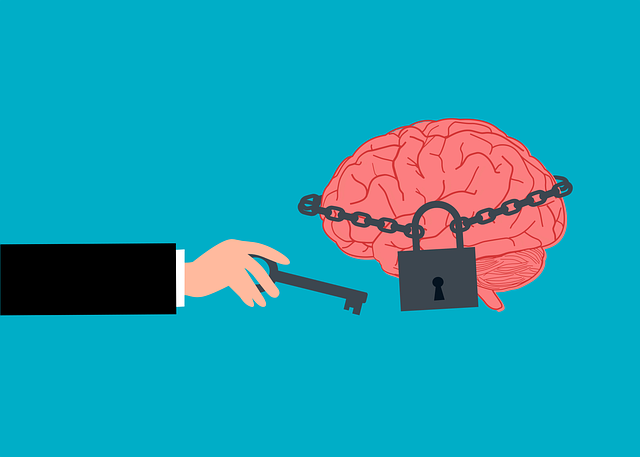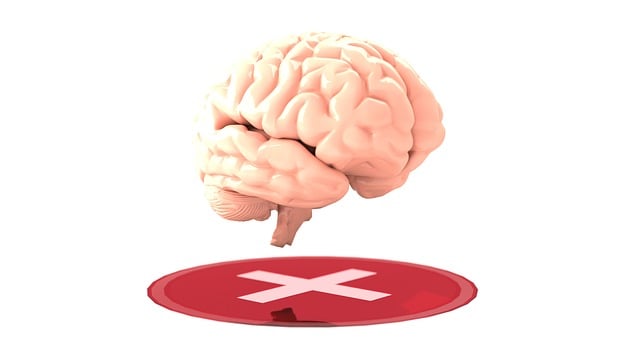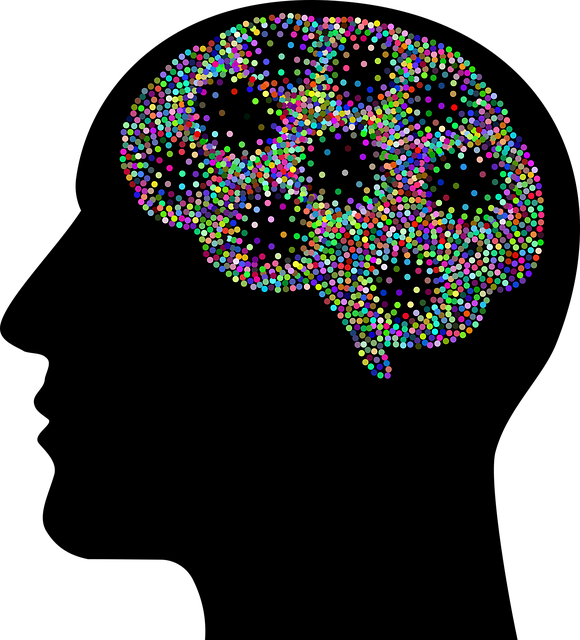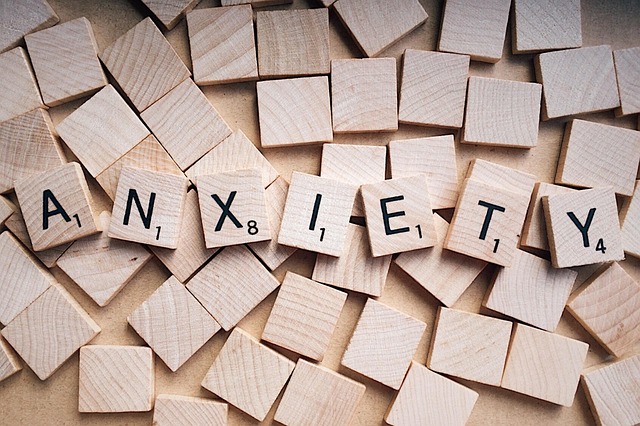Children's Adjustment Disorder (CAD) is a hidden mental health issue characterized by prolonged emotional reactions to stress or transitions, impacting daily life. Early detection and intervention are crucial. Tailored therapy focusing on coping strategies, emotional intelligence, and mental health education builds resilience and self-esteem in children. Workshops using mindfulness, relaxation techniques, and social skills training, along with Cultural Competency Training for healthcare providers, offer an inclusive approach to CAD management. These sessions empower children to navigate challenges confidently. Integrating these strategies into a comprehensive Children's Stress Relief Program creates a safe space for learning effective coping mechanisms, enhancing mental wellness and potentially preventing issues like depression.
Stress management workshops play a pivotal role in empowering children to cope with challenges, especially those diagnosed with Adjustment Disorder. This article explores effective strategies for organizing such workshops, focusing on symptoms and impacts of the disorder. We delve into the power of interactive sessions as therapeutic tools, offering practical tips for designing content tailored to young minds. Additionally, we guide you through implementing and promoting a successful children’s stress relief program, incorporating therapy techniques for Adjustment Disorder management.
- Understanding Children's Adjustment Disorder: Symptoms and Impact
- The Role of Workshops in Stress Management for Kids
- Designing Effective Stress Management Workshop Content
- Implementing and Promoting Your Children's Stress Relief Program
Understanding Children's Adjustment Disorder: Symptoms and Impact

Children’s Adjustment Disorder (CAD) is a mental health condition characterized by difficulties in coping with stressful events or transitions. It can manifest as severe and prolonged emotional reactions, leading to significant impairments in daily functioning. The disorder often goes unnoticed due to its subtle nature, making it crucial for parents, educators, and caregivers to be aware of the potential signs. Symptoms may include persistent irritability, anxiety, depression, behavioral problems, and a sense of helplessness. These emotional challenges can disrupt a child’s academic performance, social interactions, and overall well-being.
Early intervention is vital in managing CAD. Therapy for Children Adjustment Disorder typically focuses on providing support and teaching coping strategies. Mental health education programs designed to enhance resilience and promote positive self-esteem can be game-changers. Through these programs, children learn emotional healing processes that enable them to navigate stress more effectively. Depression prevention techniques, when integrated into the curriculum, can equip young minds with the tools needed to build mental fortitude and adapt to life’s challenges.
The Role of Workshops in Stress Management for Kids

Workshops play a pivotal role in teaching children effective stress management techniques, especially those with Adjustment Disorders. These interactive sessions provide a safe and supportive environment for kids to learn and practice coping strategies tailored to their unique needs. Through engaging activities and age-appropriate discussions, workshops can help young individuals understand and manage their emotions, leading to improved mental well-being.
Incorporating mindfulness exercises, relaxation techniques, and social skills training into these sessions has been shown to be beneficial. Such initiatives not only aid in Anxiety Relief but also foster a sense of self-awareness and resilience. Moreover, workshops can enhance the capabilities of healthcare providers by offering Cultural Competency Training, ensuring professionals can address stress-related issues sensitively and effectively. This holistic approach not only benefits children with Adjustment Disorders but also contributes to their overall growth and development, boosting confidence as they navigate life’s challenges.
Designing Effective Stress Management Workshop Content

When designing content for a stress management workshop, it’s crucial to address both general and specific concerns. Incorporate interactive activities and engaging discussions tailored to different age groups to cater to diverse needs. For instance, include segments on communication strategies for children with adjustment disorders, offering therapists tools to help them express emotions healthily. This approach ensures the workshop is inclusive and beneficial for all participants.
Additionally, weave in practical techniques like mindfulness exercises, breathing strategies, and positive affirmation practices. These can be demonstrated and practiced during the session, allowing attendees to experience their calming effects firsthand. Incorporating these elements within a well-structured framework not only enhances learning but also promotes mental wellness, potentially preventing issues like depression. Consider even integrating a Mental Wellness Podcast Series production as an extension, providing ongoing support beyond the workshop.
Implementing and Promoting Your Children's Stress Relief Program

Implementing a Children’s Stress Relief Program involves creating a safe and supportive environment where young minds can learn effective coping strategies. Start by integrating therapy for children adjustment disorder into your workshop curriculum, as it helps address underlying emotional challenges. Teach age-appropriate mood management techniques, such as deep breathing exercises and mindfulness, to empower kids with immediate stress-reduction tools. Encourage open dialogue through group activities focusing on conflict resolution techniques, fostering healthy communication skills.
Promoting the program should emphasize its holistic benefits for mental health professionals. Highlight how the workshops teach not just risk management planning but also equip children with lifelong resilience. Leverage social media and community partnerships to spread awareness, emphasizing the importance of early intervention in stress-related issues among children.
Stress management workshops play a pivotal role in addressing children’s adjustment disorder, offering a proactive approach to therapy. By integrating effective content and promoting these programs, organizations can empower kids with coping strategies, enhancing their overall well-being. Through tailored workshops, children gain tools to navigate stress, fostering resilience and improving mental health outcomes. This strategic initiative not only benefits individuals but also contributes to a more robust and supportive community for all.














